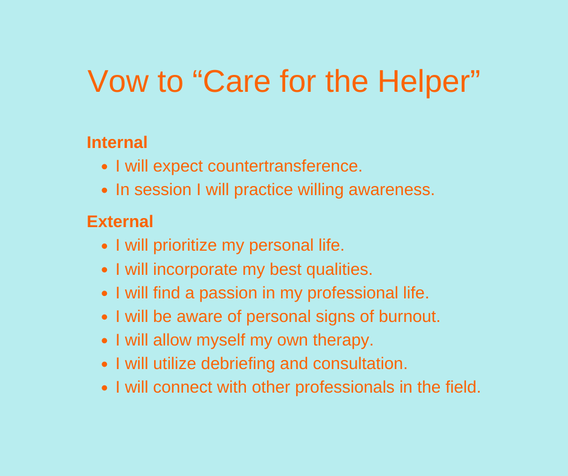The Counselor's Corner Blog
“Effective therapists do not attempt to fit their clients into a particular theoretical model; instead, they try to learn from them and in effect, gradually develop a uniquely personal psychological theory for each individual.” -Robert Firestone, PhD








 RSS Feed
RSS Feed
